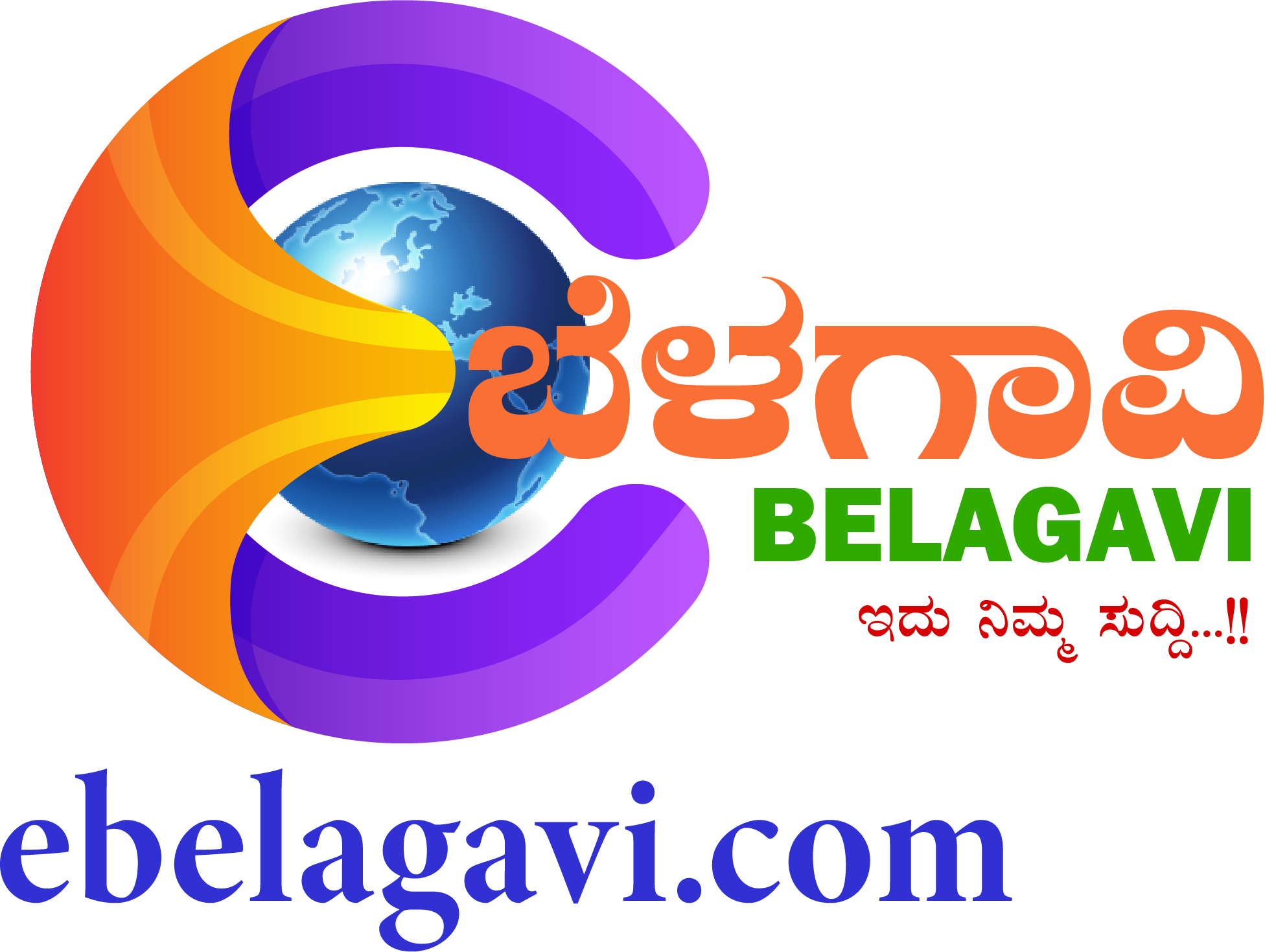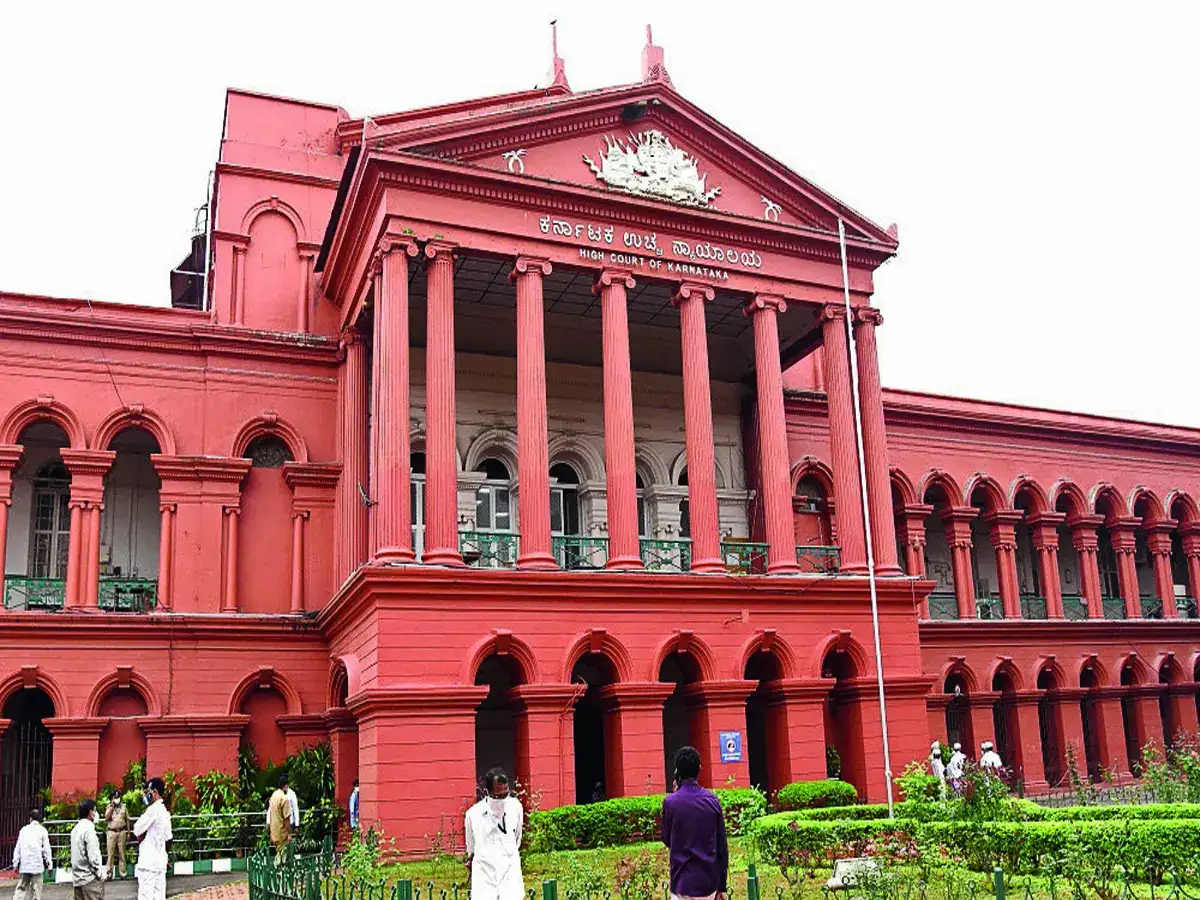The festival of Maha Shivaratri was celebrated with devotion across the country. In Belagavi, the festival was observed with reverence and enthusiasm, with special worship, abhisheka (ritual bathing), and night-long vigil programs held at Shiva temples.
From early morning, devotees lined up at prominent Shiva temples in Belagavi to seek the blessings of Lord Shiva. The Shiva lingam was bathed with milk, jaggery, bilva leaves, and other sacred items. Local artists performed bhajans (devotional songs), kirtans (devotional chanting), and dance programs, adding to the festive fervor.

Fasting and night-long vigil are significant rituals observed during Maha Shivaratri. Devotees fasted throughout the day and stayed awake all night, engaging in the chanting of Shiva’s praises. Special religious discourses, parayanas (scripture recitations), and homas (fire rituals) were conducted at the temples, attracting large numbers of devotees.
In Chikkodi, the temple was adorned with a special decoration made of fruits, which drew the attention of devotees. This unique decoration enhanced the temple’s appeal, attracting more devotees who came to seek darshan (sacred viewing).
Maha Shivaratri is believed to be the day of the marriage of Shiva and Parvati. In this context, the Shiva-Parvati Kalyanotsava (wedding ceremony) was organized at temples in Belagavi. Devotees participated in the event and sought blessings for a prosperous married life.
During the festival, the local administration implemented strict security measures, ensuring that devotees could celebrate the festival peacefully. Volunteers worked to maintain cleanliness around the temples.
Overall, the Maha Shivaratri festival in Belagavi was celebrated with devotion, reverence, and enthusiasm, as devotees prayed to receive the grace of Lord Shiva.






